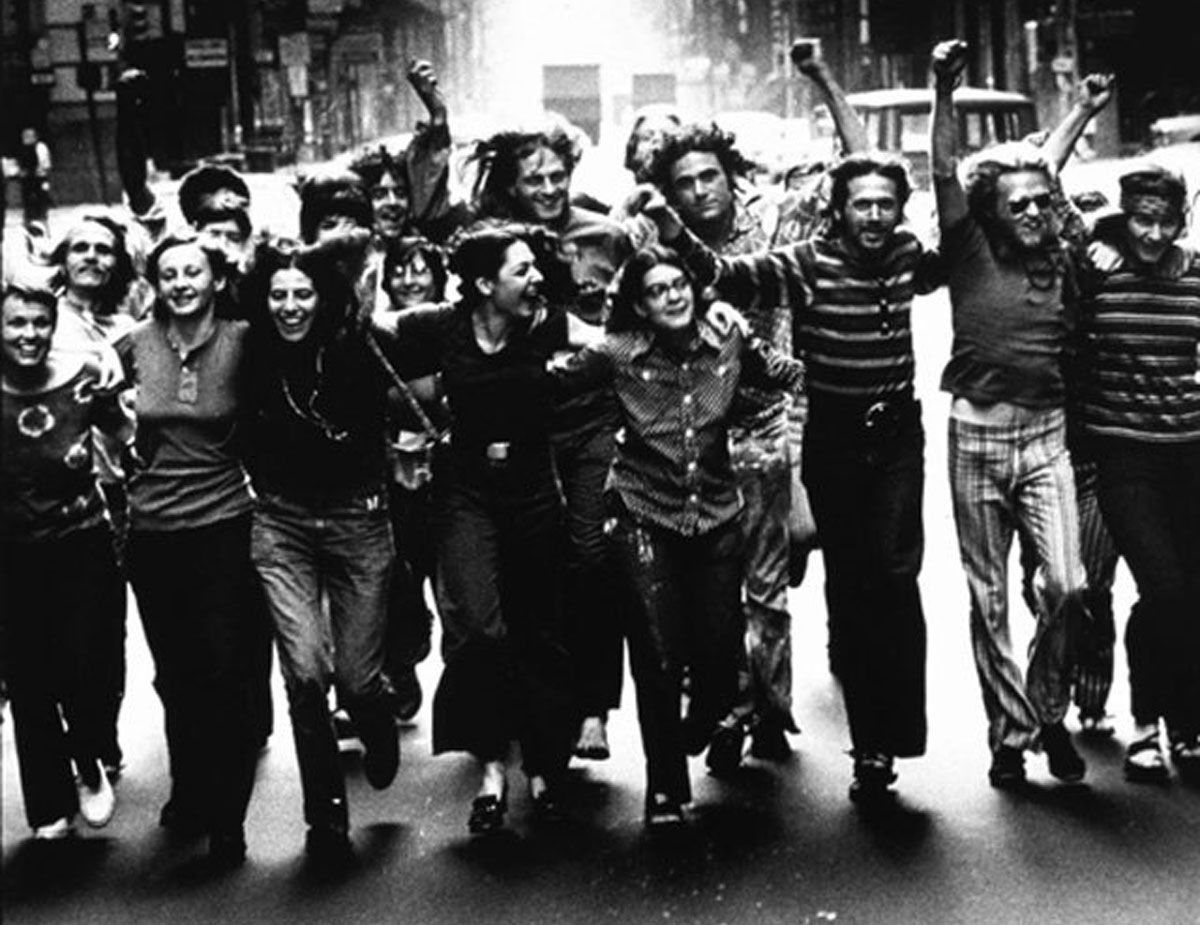The Gay Liberation Front (GLF) was the first organization to form after the 1969 Stonewall Riots. To founding GLF member Steven Dansky, the revolution was “a shift in perception of reality so persistent that it radically altered assumptions about gender and sexuality.” In The New York Times op-ed, “Why the Gay Rights Movement Has No National Leader,” Jeremy Peters writes:
The gay movement has always had a problem of achieving a dignity or moral imperative that the black civil rights movement had, or the women’s rights movement claimed. Because this movement is fundamentally about the right to be sexual, it’s hard for the larger public to see that as a moral issue.
I disagree. Before Stonewall, social revolution meant winning the empathy of American families. What Stonewall taught us was that achieving equality meant breaking through the barriers of sex and gender, not negotiating with them. Revolution took introspection, a deeper understanding of Love and Self. Queer progress in the years since the riots is a testament not to the perseverance of any one person but to the resilience and solidarity of many.
This series is a record of my conversations with founding GLF members in New York City’s West Village in the summer of 2009, forty years after a group of fearless youth took to the streets in search of liberation:
40 Years After Stonewall

Part 2: Steven F. Dansky, formative GLF member

Longtime political activist Steven F. Dansky was a formative member of the modern gay liberation movement. His work has been cited in nearly every book on early gay liberation, spanning more than three decades, from The Gay Militants (1971) to American Social Movements: Gay Rights Movement (2003). Dansky had been involved during the HIV pandemic for more than 15 years. Lecturing on AIDS throughout the country, he’s the author of two books on HIV, Now Dare Everything: Tales of HIV-Related Psychotherapy (Haworth Press, 1994) and Nobody’s Children: Orphans of the HIV Epidemic (Haworth Press, 1997). Dansky is a retired psychotherapist who had practices in New York City and Albany, New York. As a photographer, Dansky’s work has been exhibited in New York City and Las Vegas, and he curated the current photographic exhibit, “Gay Liberation Front 1969-1971: A 40th Anniversary Retrospective,” at the LGBT Center in New York.
Part 3: John Knoebel, founding GLF member
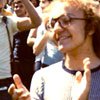
An active member of the Gay Liberation Front beginning in November 1969, John Knoebel participated in many demonstrations as well as the first Gay Pride March in June 1970. As a member of the GLF 95th Street gay men’s living collective from June 1970 through January 1971, Knoebel helped form numerous gay men’s consciousness-raising groups and spoke at colleges and other venues with the GLF speaker’s bureau. Along with many other GLF groups from around the county, the collective attended both sessions of the Black Panther’s Revolutionary People’s Constitutional Conventions in Philadelphia and Washington, D.C. The collective also helped to organize the August 1970 Times Square demonstration that ended with several days of riots in the Village, as well as helped to establish GLF’s first community center on West 3rd Street. A member of the cells, “Femmes against Sexism” and “Gay Male Group,” Knoebel eventually founded the Effeminists, a group of gay men who opposed sexism, and co-authored “The Effeminist Manifesto” with Steven Dansky and Kenneth Pitchford which originally appeared in Double F: a Magazine of Effeminism (published from 1972 to 1976). Knoebel’s writings have appeared in the GLF newspaper, Come Out!, and were published in numerous early gay liberation anthologies. He is currently the Vice President of Consumer Marketing for the nation’s two largest LGBT magazines: The Advocate and Out.
Part 4: Ellen Shumsky, founding GLF member
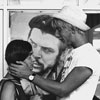
Ellen Shumsky, a photographer, documented the Gay Liberation Movement from 1969 to 1972. Her images were published (under the name Ellen Bedoz) in many underground newspapers and counterculture anthologies of that time including COME OUT! and RAT. She was a founding member of Radicalesbians and a co-author of the Lesbian Feminist Manifesto “The Woman Identified Woman.” A book of her photographs, Portrait of a Decade: 1968 to 1978, Photography by Ellen Shumsky, introduced and edited by Flavia Rando (Graea Press), was published in June 2009. A show of 45 of her images is on display at the LGBT Center in New York City through the summer of 2009.
Part 5: Brandon Wallace, activist
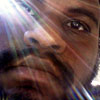
Activist Brandon Wallace completed his master’s degree in American Studies at Purdue University in 2005. A native of Chicago, Wallace has also lived in Indiana and currently resides in Alabama. He writes regularly at his blog, Julius Speaks. “For five years I taught at Purdue University. I sought to inspire thought, openness, a love of diversity, and tolerance among my students. My hope and faith exists in the betterment of humanity.”
Part 6: Kevin Kopelson, author

Kevin Kopelson is Professor of English at the University of Iowa and author of Neatness Counts: Essays on the Writer’s Desk; Sedaris; Love’s Litany: The Writing of Modern Homoerotics; Beethoven’s Kiss: Pianism, Perversion, and the Mastery of Desire; and The Queer Afterlife of Vaslav Nijinsky. Kopelson’s essay “Bright One” was written just days before the Iowa Supreme Court marriage decision in April of 2009. He had no prior knowledge of the pending decision, and neither could have taken into account the pro-gay-family sentiments that would later define the victory.
Part 7: Karla Jay, founding GLF member
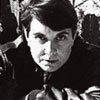
Karla Jay has written, edited, and translated ten books, most recently: Tales of the Lavender Menace: a Memoir of Liberation. She has also written for Ms Magazine, the Village Voice and the Gay and Lesbian Review Worldwide. Ms. Jay is Distinguished Professor of English and Women’s & Gender Studies at Pace University in New York City. “The assumption that we need a national leader is ridiculous. The reality is that we are not one people and do not share race, gender, class, sexual preferences, or a common upbringing. Queers constitute many communities…”
Part 8: Perry Brass, founding GLF member
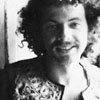
Perry Brass was born in Savannah, GA, but reborn in New York City in November, 1969 when he joined the Gay Liberation Front and the GLF newspaper Come Out! He has since published 14 books including How to Survive Your Own Gay Life, his work has been included in 25 anthologies, and 50 of his poems have been set to music. “When gay people don’t have to feel that constant sense of being self conscious, having to hold back their own sense of tenderness and closeness because of defensiveness, when we can feel as unselfconscious as anyone else. I would love to see that.”
Part 9: John-Manuel Andriote, author
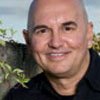
Items from journalist and author John-Manuel Andriote’s “Victory Deferred” collection (based on his 1999 book of the same name) are currently showing at the Smithsonian’s National Museum of American History as part of a display dedicated to the 40th anniversary of the Stonewall Uprising. The book jacket of Victory Deferred notes, “Andriote, who has been at the center of national advocacy and AIDS politics in Washington, is judicious without being uncritical, and his account of the political maturation of the gay community is one of the most stirring civil rights stories of our time.” Andriote’s many interview subjects include AIDS activist and author Larry Kramer.
Part 10: Kevin Cathcart, activist

Kevin M. Cathcart, Executive Director of Lambda Legal since 1992, is a leading strategist and spokesperson in the movement to achieve full recognition of the civil rights of lesbians, gay men, bisexuals, transgender people and people with HIV. Cathcart has made Lambda Legal an unparalleled national force through its far-reaching litigation and public education. A longtime leader in the lesbian and gay community, Cathcart served from 1984 to 1992 as executive director of Gay & Lesbian Advocates & Defenders (GLAD) in Boston, New England’s lesbian, gay, and AIDS legal organization. Prior to GLAD, Cathcart was a staff attorney at the North Shore Children’s Law Project. He also serves on the Steering Committee of the LGBT Executive Director’s Institute.
